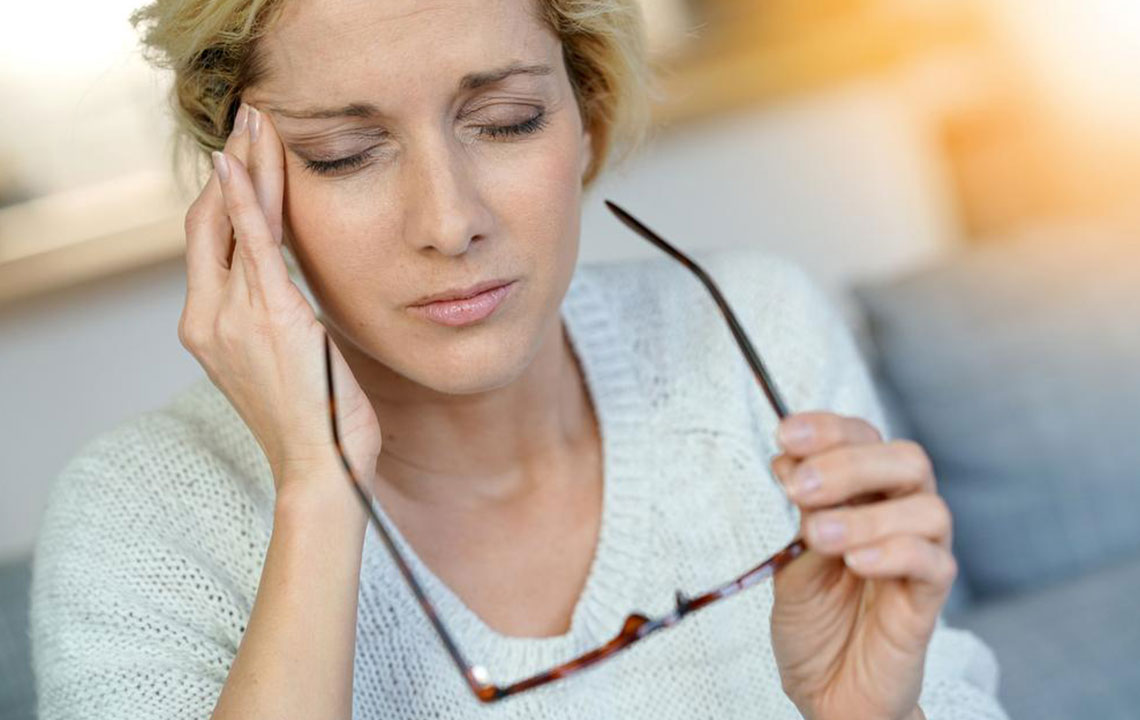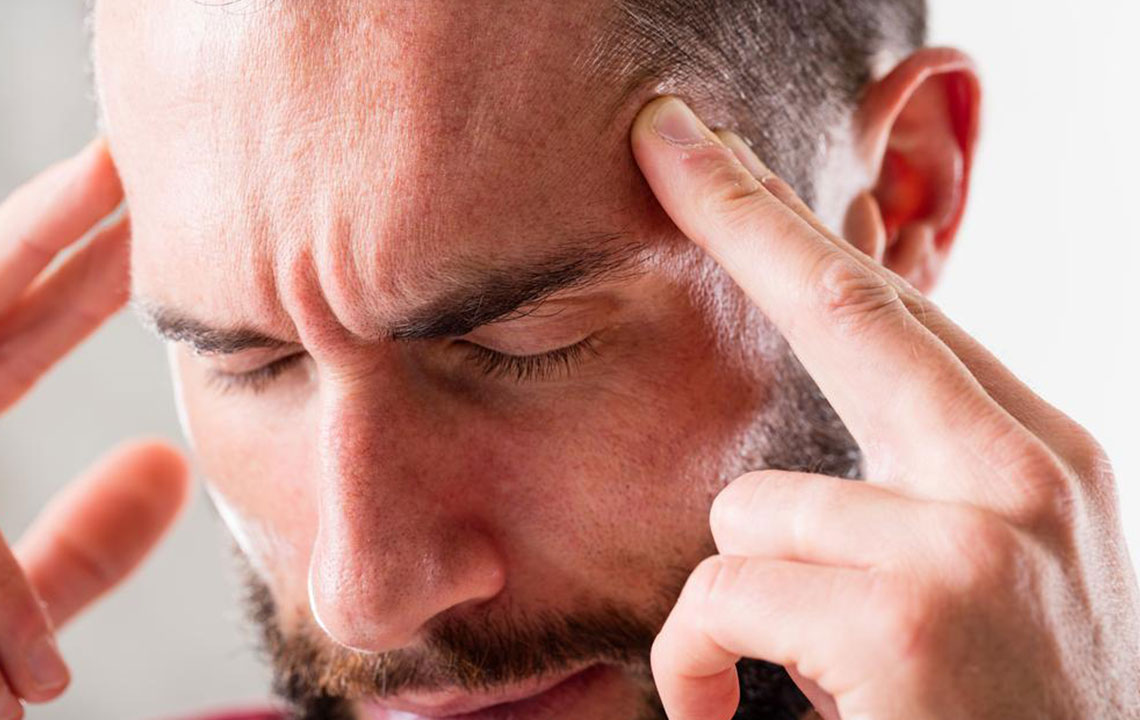Controlling Migraine and Its Effect
Experiencing severe pain in the head, which is primarily of a disabling nature, is known as a migraine. A migraine can often be accompanied by nausea, difficulty to perform due to sensitivity to light and sound, inability to bear the pain above the eye sockets, etc. A migraine may feel like a headache but the attack includes a variety of symptoms. The International Headache Society recognizes various types of migraines.

A migraine does not have a universal treatment option, and the treatment has to be adopted individually. Caffeine has several benefits and is believed to block certain receptors that might lead to migraine headaches. Caffeine is also popularly combined with various medications with other painkillers. Certain people are recommended to not take caffeine as the brain can learn to develop tolerance to the intake of caffeine. A strong cup of coffee can help stop or control an attack. Caffeine in high doses can also lead to a rebound headache, therefore, has to be consumed in limited intakes.
- Tea also has caffeine in it. Green tea has been used for relieving migraine headaches but for some migraine sufferers; chamomile tea has been helpful in relieving certain migraine sufferers.
- Flaxseed and Flaxseed oil are rich in Omega-3 which is an essential fatty acid and lignans. It is a superfood that can help evacuating the bowels properly, and therefore help some migraine sufferers. These can be used as great home remedies for a migraine headache.
- Increasing your intake of water is the easiest thing to do and helps control the trigger for a migraine. Water intake that is recommended for each individual is half of the body weight, as 70 percent of our body is made up of liquid.
- Certain vitamins are also contributory to controlling migraine attacks. Increasing magnesium intake in your diet by eating dark green vegetables, nuts, and seeds is also helpful to control migraine attacks. An intake of 400 milligrams (mg) of Vitamin B-2 daily has evidenced potential in treating migraines.
- Butterbur is an herb that is said to prevent migraines. Butterbur helps in reducing spasms and inflammation. You should seek medical advice before consuming butterbur as it is not recommended for everyone, especially if you plan to become pregnant. Butterbur is one of the best home remedies for migraine headache.
- Vitamin D helps reduce the frequency of migraine attack. It is abundantly available in foods such as cheese, egg yolks, cod liver oil, oysters, milk, yogurt, etc. An intake of calcium is required to absorb vitamin D. It is exhibited that people who suffer from a chronic migraine have Vitamin D deficiency.
- Medical Marijuana is one of the best home remedies for migraine headache. Cannabinoids may help with migraine symptoms such as nausea, anxiety, muscle spasm or other problems. In a study at the University of Colorado, about 40% said that the number of migraines they got each month was cut in half by the use of marijuana. These people had used different types of marijuana, but they mostly inhaled the same to ease their pain.
- Ginger is also a common remedy for nausea and helps aid digestion. As nausea is a common migraine symptom, ginger would help give some relief to migraine sufferers. Ginger can be consumed in the form of ginger tea or used in cooking. Powdered ginger is a popular source for treating migraines. Ginger produces a spicy fragrance that denotes ketones, most significant being some gingerols which are an active ingredient. Ginger is the best home remedy for migraine headache.
- Fish oil is abundant of fatty acids as found in nuts, seeds, and vegetable oil. Fish oil helps reduce inflammation and therefore helps reducing head pain. Therefore, when you suffer from a migraine attack, this can help reduce the effect of the pain that it causes. Fish oil is one of the most useful home remedies for migraine headache.
- If you suffer from a gluten allergy, there are chances that you may have a pounding headache. Consuming a gluten-free diet for some can result in relieving from migraines. The gluten-free diet involves avoiding food like rye, barley, and oats. It is also good to rule out any other food triggers that could lead to a migraine. Controlling stomach issues can also help control a migraine.
- Migraines can also be related to hormones, and therefore hormonal balance is essential to control the same. Hormonal balance can be achieved by various methods and exercise is one of them.
- Proper rest and a healthy diet are also essential to prevent migraine attacks. Too little sleep and dehydration are amongst the common factors that trigger a migraine.
- It is also recommended that the avoidance of the use of perfume, scented air fresheners, and scented soaps could also lead to preventing migraine. The chemicals in these items could lead to triggering migraine and therefore should be avoided.
Medications do not solve the problem and therefore, preventing and controlling the trigger of a migraine is essential.




